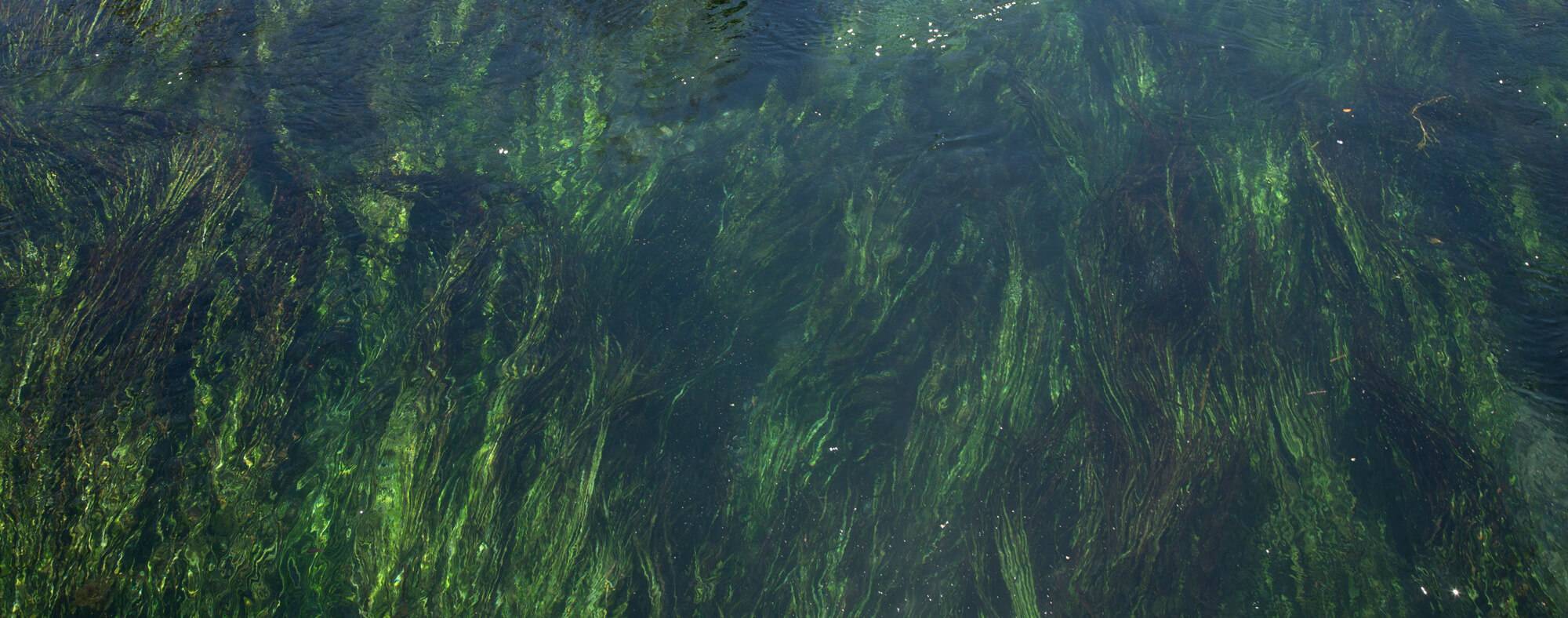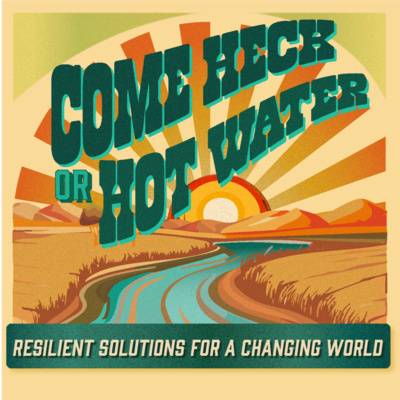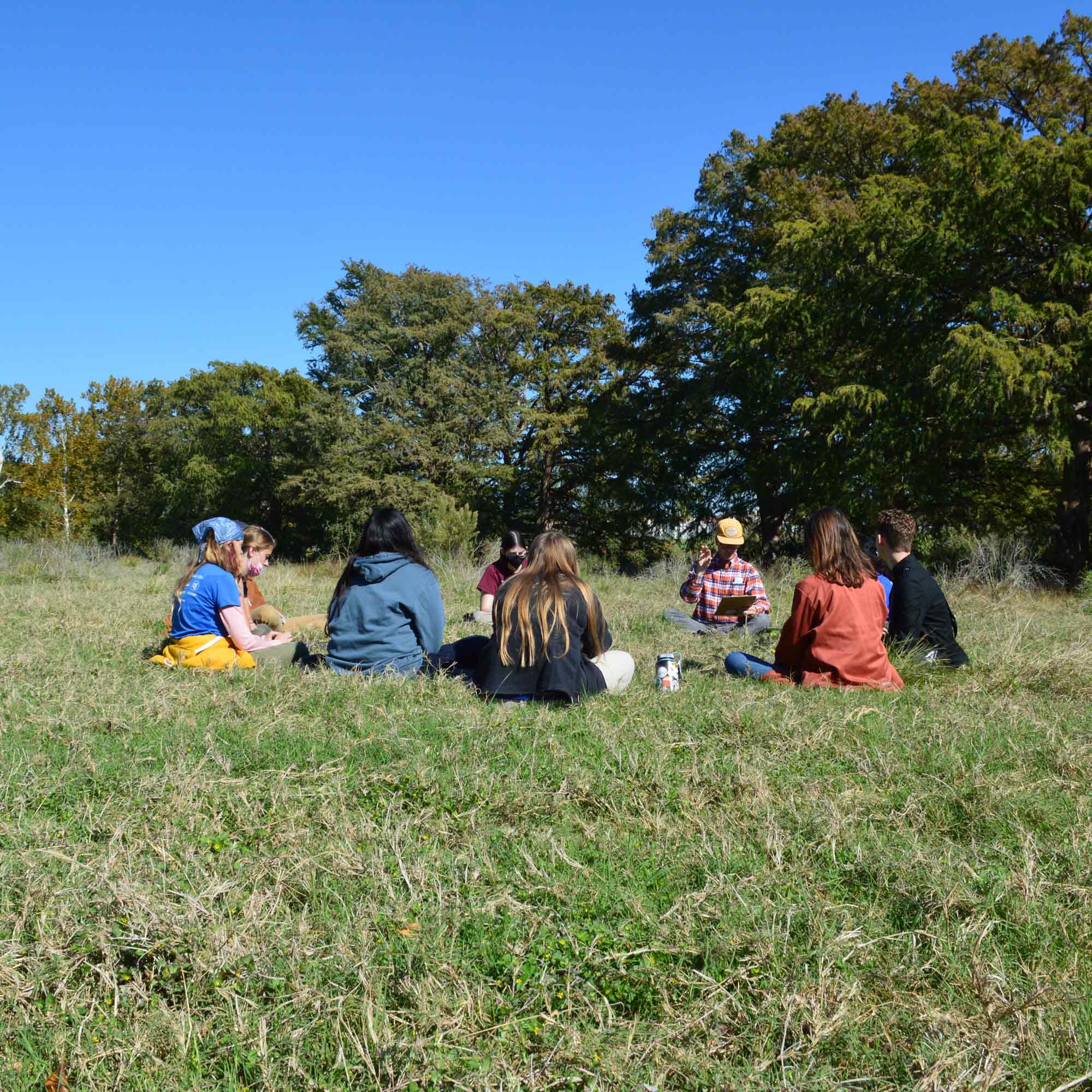Climate Change
From municipal and agricultural water supplies to flood management and aquatic ecosystem protection, climate change is affecting all aspects of water resource management in Texas and across the world.
Earth’s climate has experienced changes throughout history but is currently warming at an unprecedented rate that can only be attributed to human activity. Since the late 1800s, the planet’s average temperature has increased by 1.2 °C (1.8 °F). A recent report from the Intergovernmental Panel on Climate Change—a body comprised of 234 scientists from 66 countries—reviewed research from over 14,000 scientific studies and unequivocally agreed that recent observed changes in Earth’s climate are a direct consequence of human activity. Cutting-edge computer models project that observed global changes (that is, sea-level rise, melting ice caps, ocean acidification, and more extreme weather events) will only worsen.
Texas is already experiencing the consequences of climate change. Hurricane Harvey (2017) was the most significant rainfall event in U.S. history, with $125 billion in damages and severe loss of life. Attribution studies suggest that current levels of warming made the rainfall 15% worse and three times as likely to happen. Similar precipitation events will only become more frequent and intense in the coming years. Warming in the Arctic weakened the polar jet stream and caused Winter Storm Uri (2021), which devastated the electrical grid in Texas and impacted 170 million people across the United States. The driest year in Texas’s history was 2011, and the three hottest Augusts on record happened in the last ten years. These events affect all aspects of Texas’ economy, public health, and environment.
The Meadows Foundation provided a generous gift in early 2021 to support the Meadows Center’s vision to address climate change’s impacts to water resources. We believe that the political discussions of the causes behind climate change should not inhibit our preparation to address the impacts of climate change. Our goal is to conduct science, education, policy analysis, and outreach to best prepare Texas for a changing future.
-
Science
-
Overview
-
Downscaling
One of our first priorities is to develop state-specific downscaled (from global to local) climate projections. Global climate models do not account for regional variations in weather and climate. Downscaling is the scientific process of taking the global outputs and making them relevant for decisions at the local level. This is one of the key climate science gaps in Texas: there are no statewide downscaled climate data to assess specific impacts to water resources. There are many different methods to this downscaling, so we are working with a state climatologist to achieve consensus on the approaches. Once the approaches have been identified, we will then conduct the downscaling.
-
Impacts to Water Resources
Once we have downscaled climate information, we will then use that information to project evaporation, evapotranspiration, and climate-forced availability for surface water and groundwater resources.
-
Dashboard
Downscaled climate information and resulting water resource information will be served online through a dashboard, allowing citizens, water resource managers, and policymakers to understand what climate change means for the state’s water resources at any location in Texas.
-
-
Education
Cultivating the widespread understanding of climate and the complexity behind its changes is essential as there are currently no set state standards. The Meadows Center is spearheading the development of climate education tools for all Texans.
We are actively developing a TEKS-aligned climate change educational curriculum with supporting experiential programming activities, data collection instruments and technology, teacher/interpreter support, training, and resource kits.
The Meadows Center is creating an educational curriculum with activities for broader impact, including modules for delivery at the Meadows Center, off-site educational formal and informal classrooms, and home and virtual platforms.
Activities and supporting technology and instruments will facilitate an experiential, citizen science approach to monitoring climate change over time, including air and water quality testing, weather and land use patterns, observations and changes, and longitudinal data collection.
We are establishing long-term data sets to support project engagement, relevance and future research, and programming development. All components provide informal science engagement and encourage mindful data collection and observation skills.
-
Policy
Creating resilient policy involves identifying how to incorporate climate change into water decisions and engaging policymakers across the state in hands-on discussions.
We are starting with a survey of various stakeholders on their views of climate change and what they feel is lacking or important to address. This assessment entails surveys of water leaders, providers, and managers across the state. Outcomes will be a report on the results of the surveys as well as a strategy for future communications, a climate dashboard, and an assessment of the impacts of climate change on water resources.
We will also conduct policy analyses—including recommendations—on how water providers, water managers, and water planners can include climate change into their water planning activities and decisions.
-
Outreach
At the core of our work in climate change science, education, and policy is the intent to inspire informed conversation. Tying together the findings from scientific research, promoting climate change literacy, and engaging with policymakers together ensures that everyone in Texas has the knowledge necessary to take meaningful action. By developing multi-platform content to share with the public, the Meadows Center will help ensure communities in Texas are prepared to face the changes our future holds.
The Come Heck or Hot Water podcast is hosted by water pros Robert Mace and Carrie Thompson as they dive into stories and perspectives at the intersection of climate change and water.
Our blog, Hotter Than a Habanero, features contributions from the expert staff at the Meadows Center on all topics related to climate change in Texas.




